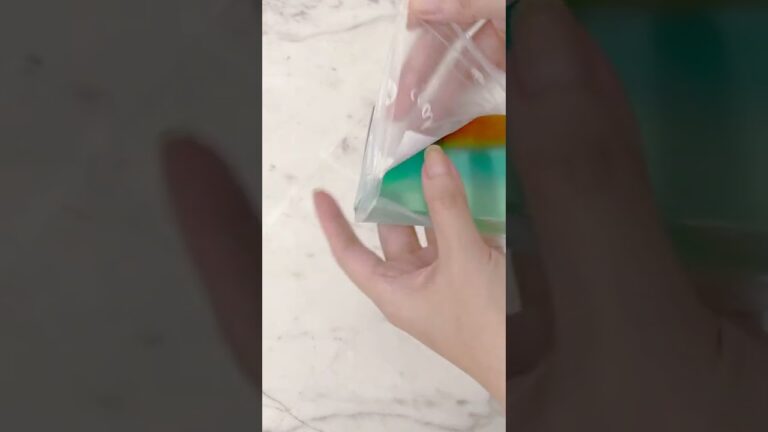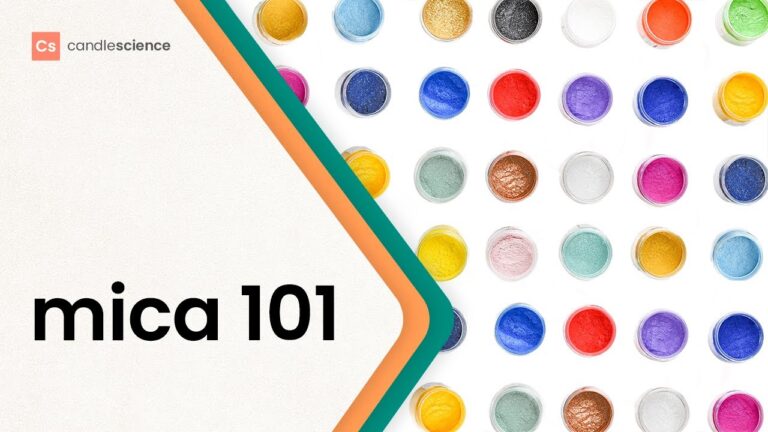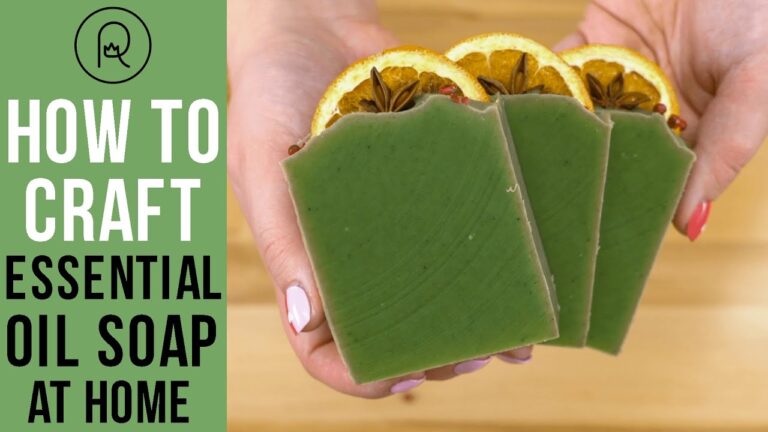Looking to reduce your environmental footprint in the bathroom? Say goodbye to single-use plastic soap packaging and explore reusable alternatives that are both eco-friendly and stylish. From refillable glass dispensers to compostable paper wraps, there are plenty of creative options to help you cut down on waste while adding a touch of sophistication to your daily routine. Join the movement towards sustainability and make a simple switch that makes a big impact.
- Refillable soap dispensers
- Biodegradable paper soap packaging
- Glass or metal containers for soap bars
What is the eco-friendly packaging of soap?
For eco-friendly packaging options for soap, consider using clear cellophane bags to showcase the colors and designs of your products. To further reduce your environmental impact, opt for biodegradable or compostable cellophane alternatives, such as plant-based cellophane derived from renewable resources. This sustainable packaging choice not only helps to protect the planet, but also adds a touch of elegance to your soap products.
How can soap be packaged without using plastic?
Looking for a plastic-free soap packaging solution? Look no further than kraft paper. With its strength, non-toxic properties, and cost efficiency, kraft paper is the perfect eco-friendly option for packaging soap. Made from whole wood pulp paper, the color of kraft paper can vary depending on whether it is bleached or unbleached. Say goodbye to plastic and hello to sustainable, eye-catching soap packaging with kraft paper.
What is the best material for soap packaging?
When it comes to choosing the best material for soap packaging, it’s important to consider both functionality and sustainability. One of the top choices for soap packaging is recycled paperboard, which is not only eco-friendly but also provides a sturdy and versatile option for packaging. Its natural, rustic look also adds to the aesthetic appeal of the soap.
Another great option for soap packaging is glass, which not only looks elegant and luxurious but also offers a reusable and recyclable packaging solution. Glass packaging helps to protect the soap from moisture and maintains its quality over time. Additionally, it allows for creative branding and labeling opportunities, making the product stand out on the shelf.
Lastly, biodegradable plastics such as PLA (polylactic acid) offer a sustainable and lightweight option for soap packaging. These materials are derived from renewable resources and break down naturally, reducing environmental impact. With the increasing demand for eco-friendly packaging, biodegradable plastics are becoming a popular choice for soap packaging.
Eco-Friendly Solutions for Sustainable Soap Packaging
In the quest for sustainable living, eco-friendly solutions for soap packaging have become increasingly important. From biodegradable materials to innovative designs, there are many ways to reduce the environmental impact of soap packaging. By choosing packaging made from recycled materials, consumers can help reduce waste and promote a circular economy. Additionally, opting for packaging that is easily recyclable or compostable can further minimize the carbon footprint of soap products.
One innovative solution for sustainable soap packaging is using plant-based materials such as bamboo or sugarcane. These materials are renewable and biodegradable, making them a more eco-friendly alternative to traditional plastic packaging. Another option is to use reusable packaging, such as refillable containers or soap bars that come in minimal, recyclable packaging. By encouraging customers to reuse packaging, businesses can help reduce the amount of waste generated from single-use packaging.
Overall, the shift towards eco-friendly solutions for soap packaging is a crucial step towards a more sustainable future. By making conscious choices about the materials and designs used in soap packaging, we can help protect the environment and support a healthier planet for future generations. With a little creativity and commitment to sustainability, we can all play a part in reducing our impact on the planet and promoting a more eco-friendly lifestyle.
Sustainable Packaging for Your Favorite Soap Bars
Upgrade your daily routine with sustainable packaging for your favorite soap bars. Say goodbye to harmful plastic waste and opt for eco-friendly alternatives that prioritize the health of our planet. By making the switch to sustainable packaging, you can enjoy your soap bars guilt-free, knowing that you are contributing to a cleaner, greener future. Make a positive impact today and choose sustainable packaging for a more sustainable tomorrow.
Reduce Waste with Reusable Soap Packaging Choices
Looking to reduce waste in your daily routine? Consider switching to reusable soap packaging choices. By opting for refillable soap dispensers or bar soaps instead of single-use plastic bottles, you can significantly decrease the amount of packaging waste you produce. Not only does this help protect the environment by reducing plastic pollution, but it also saves you money in the long run by eliminating the need to constantly purchase new soap containers.
Make a positive impact on the planet by making simple changes to your soap packaging choices. Choose eco-friendly options like glass or stainless steel containers that can be refilled or repurposed. By investing in reusable soap packaging, you not only contribute to a cleaner environment but also inspire others to make sustainable choices in their everyday lives. Together, we can make a difference and work towards a greener, waste-free future.
Innovative and eco-friendly alternatives to traditional soap packaging are revolutionizing the way we approach sustainability in the personal care industry. From compostable paper wrappers to refillable metal containers, consumers now have a variety of options to choose from that reduce waste and promote a greener future. By making conscious choices and supporting brands that prioritize environmentally-friendly packaging, we can all play a part in reducing our carbon footprint and protecting the planet for generations to come.



